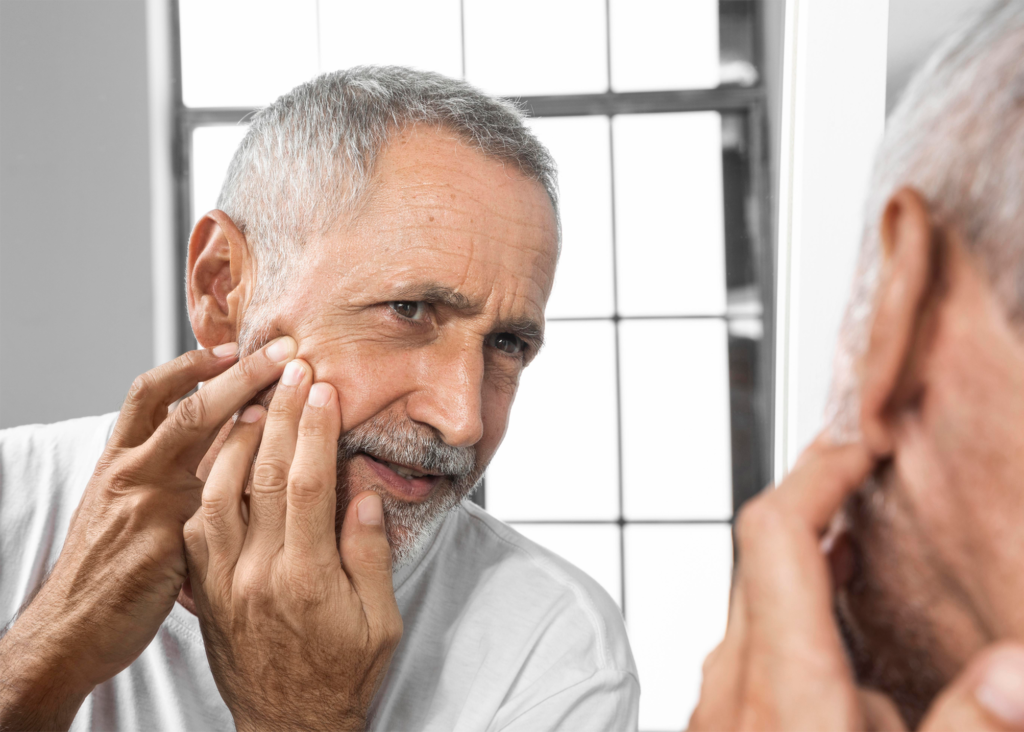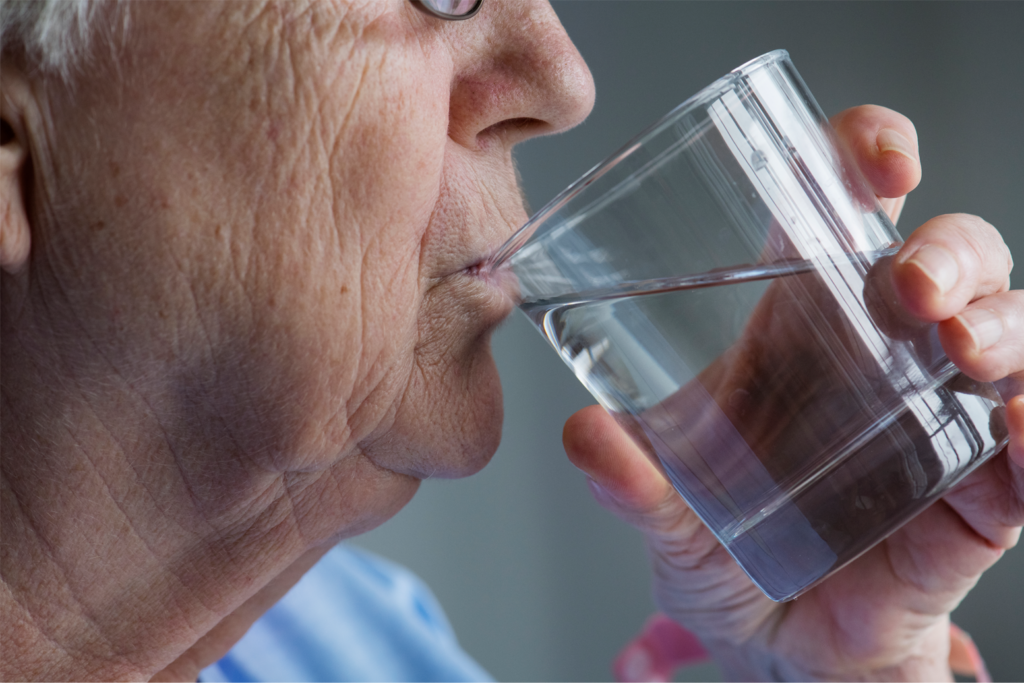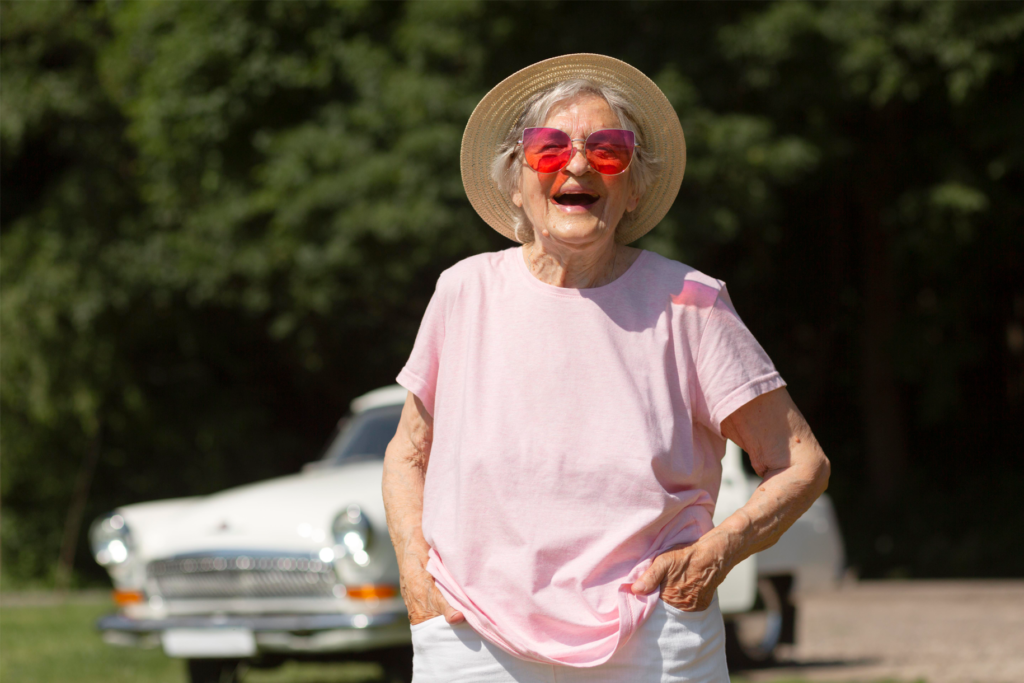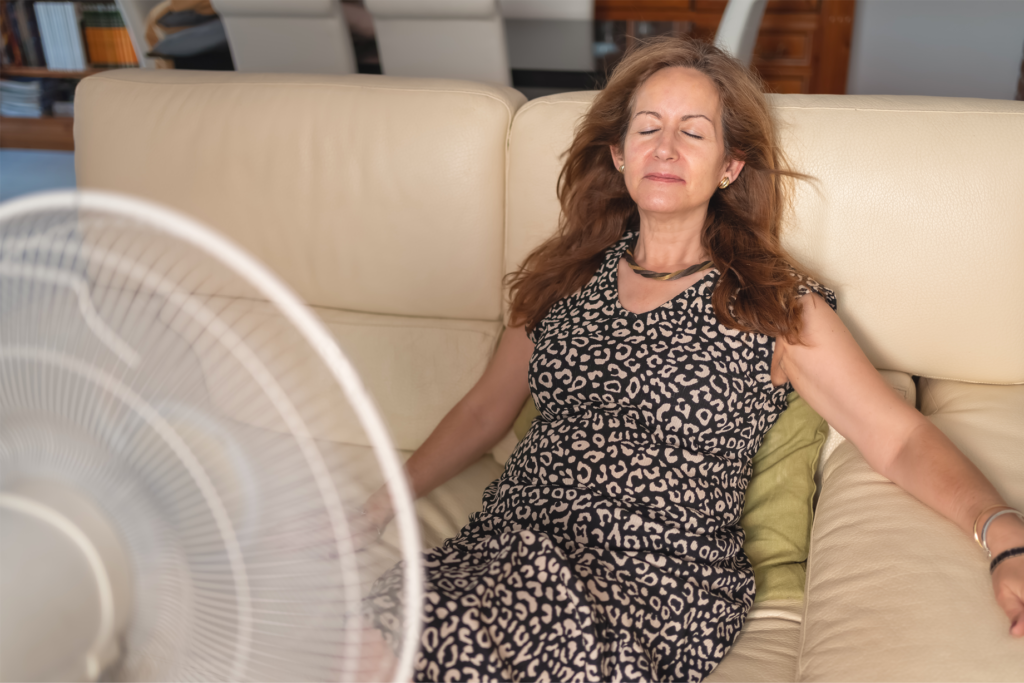Summer is a time for relaxation, outdoor activities, and enjoying the warm weather. However, for seniors, the summer heat can pose significant health risks. As we age, our bodies become less efficient at regulating temperature, making older adults more vulnerable to heat-related illnesses such as heat exhaustion and heat stroke. Ensuring that seniors stay cool, hydrated, and safe during the hottest months is crucial for their well-being.
Here are some essential tips to help seniors navigate the summer heat safely, including how to stay cool, recognize signs of heat-related illnesses, and make the most of the summer season while prioritizing health.
Understanding the Risks: Why Seniors Are More Vulnerable to Heat

As people age, several physiological changes make them more susceptible to heat-related illnesses:
- Decreased ability to sweat: Sweating is a primary way the body cools down, and seniors often sweat less, making it harder to regulate body temperature.
- Thinner skin: Older adults typically have thinner skin, which can make it more difficult to disperse heat.
- Chronic conditions: Many seniors have chronic health conditions such as diabetes, heart disease, or respiratory issues, which can exacerbate the effects of heat.
- Medications: Certain medications can impair the body’s ability to regulate temperature or increase sensitivity to sunlight.
Understanding these risks is the first step in taking appropriate measures to protect seniors during the summer.
Hydration: The Key to Staying Cool

Proper hydration is critical, especially during the summer. Dehydration can occur quickly in hot weather and can lead to serious complications.
Tips for Staying Hydrated:
- Drink Water Regularly: Seniors should aim to drink at least eight glasses of water a day, even if they don’t feel thirsty.
- Avoid Dehydrating Beverages: Limit drinks that can cause dehydration, such as alcohol, caffeine, and sugary beverages.
- Eat Hydrating Foods: Incorporate water-rich foods like cucumbers, watermelon, and strawberries into meals and snacks.
- Keep Water Accessible: Ensure that water is always within reach, especially during outdoor activities.
Encouraging regular fluid intake and monitoring for signs of dehydration, such as dry mouth, dizziness, or dark urine, can help prevent heat-related issues.
Dress Smart: Light and Breathable Clothing

What seniors wear can significantly impact their comfort in hot weather.
Clothing Tips:
- Choose Light Colors: Light-colored clothing reflects sunlight, helping to keep the body cooler.
- Opt for Breathable Fabrics: Natural fabrics like cotton and linen are breathable and allow for better air circulation.
- Wear Loose-Fitting Clothes: Loose-fitting clothes enable the body to cool more effectively by allowing air to circulate.
- Hats and Sunglasses: A wide-brimmed hat and UV-protective sunglasses can protect the face and eyes from harmful sun exposure.
Dressing appropriately for the weather can reduce the risk of overheating and sunburn.
Create a Cool Living Environment

Maintaining a cool indoor environment is essential during the summer, especially for seniors who may spend more time indoors.
Tips for Keeping the Home Cool:
- Use Fans and Air Conditioning: Make sure fans and air conditioning units are in good working order. If air conditioning is not available, spending time in air-conditioned public places like malls or libraries can help.
- Close Curtains and Blinds: Keep curtains and blinds closed during the hottest part of the day to block out direct sunlight.
- Use Cooling Devices: Cooling towels, ice packs, or portable coolers can provide additional relief from the heat.
- Take Cool Showers: A cool shower or bath can help lower body temperature and refresh the skin.
Keeping the home environment cool and comfortable is crucial for avoiding heat-related illnesses.
Recognize the Signs of Heat-Related Illnesses
It’s important to be aware of the signs and symptoms of heat-related illnesses so that prompt action can be taken.
Common Heat-Related Illnesses:
- Heat Cramps: Muscle spasms caused by loss of salt and moisture due to sweating. Symptoms include muscle pain or spasms in the abdomen, arms, or legs.
- Heat Exhaustion: A warning that the body is overheating. Symptoms include heavy sweating, weakness, dizziness, nausea, and a rapid pulse.
- Heat Stroke: A life-threatening condition that occurs when the body temperature rises above 104°F. Symptoms include confusion, seizures, and loss of consciousness.
What to Do:
- For Heat Cramps: Rest in a cool place, drink water, and gently massage the affected muscles.
- For Heat Exhaustion: Move to a cooler location, loosen clothing, and sip water. If symptoms worsen, seek medical attention immediately.
- For Heat Stroke: Call 911 immediately. Move the person to a cooler place and try to lower their body temperature with cool water or ice packs until help arrives.
Recognizing and responding to the early signs of heat-related illnesses can prevent more serious health issues.
Plan Activities Wisely
While summer is a time for outdoor enjoyment, it’s important to plan activities during cooler parts of the day.
Activity Planning Tips:
- Early Morning or Evening: Schedule outdoor activities during the early morning or late evening when temperatures are lower.
- Stay Shaded: Choose activities that offer plenty of shade or are in shaded areas.
- Take Breaks: Frequent breaks are essential to prevent overexertion in the heat.
- Stay Informed: Keep an eye on the weather forecast and plan accordingly. Avoid strenuous activities during heat advisories or extreme weather conditions.
By planning activities wisely, seniors can enjoy the summer safely and comfortably.
Summer can be an enjoyable and fulfilling season for seniors, but it also comes with unique challenges that require careful attention and proactive measures. The effects of heat can be more pronounced in older adults due to the natural aging process, existing health conditions, and certain medications. Therefore, it’s crucial to prioritize health and safety to ensure that seniors can fully enjoy the warmth and beauty of the season without compromising their well-being.
For additional support and personalized care during the summer months, consider partnering with a homecare agency like ours. We’re here to help seniors stay healthy, safe, and comfortable all year round.
If you or a loved one needs assistance with daily activities or managing health during the summer, contact us today to learn more about our homecare services. Let us help you make the most of this summer while prioritizing your health and well-being.
